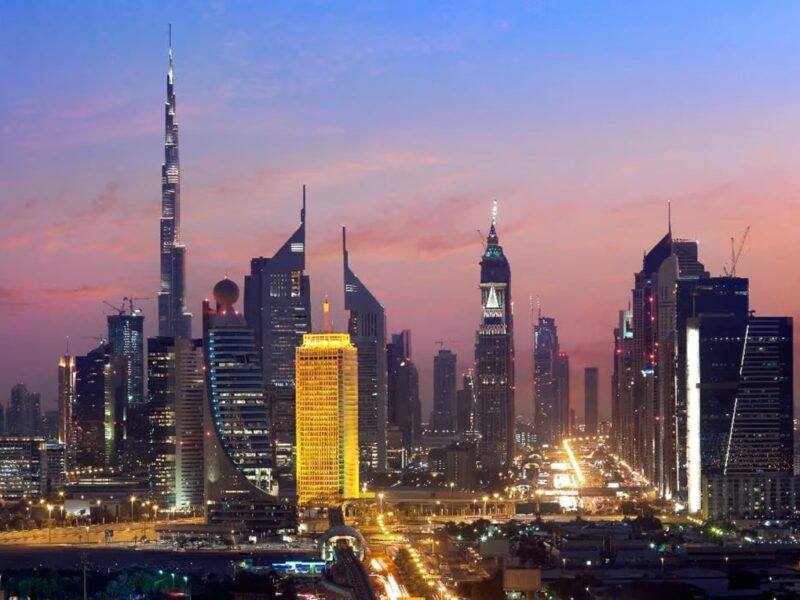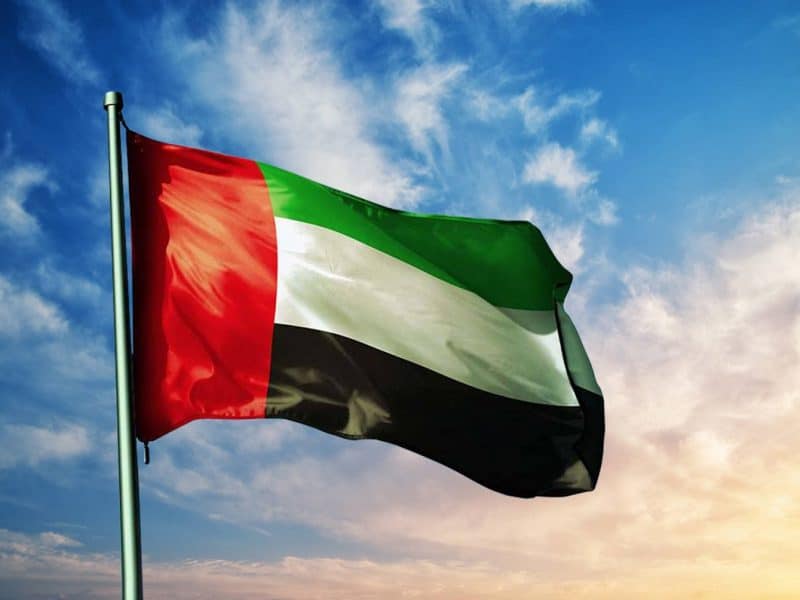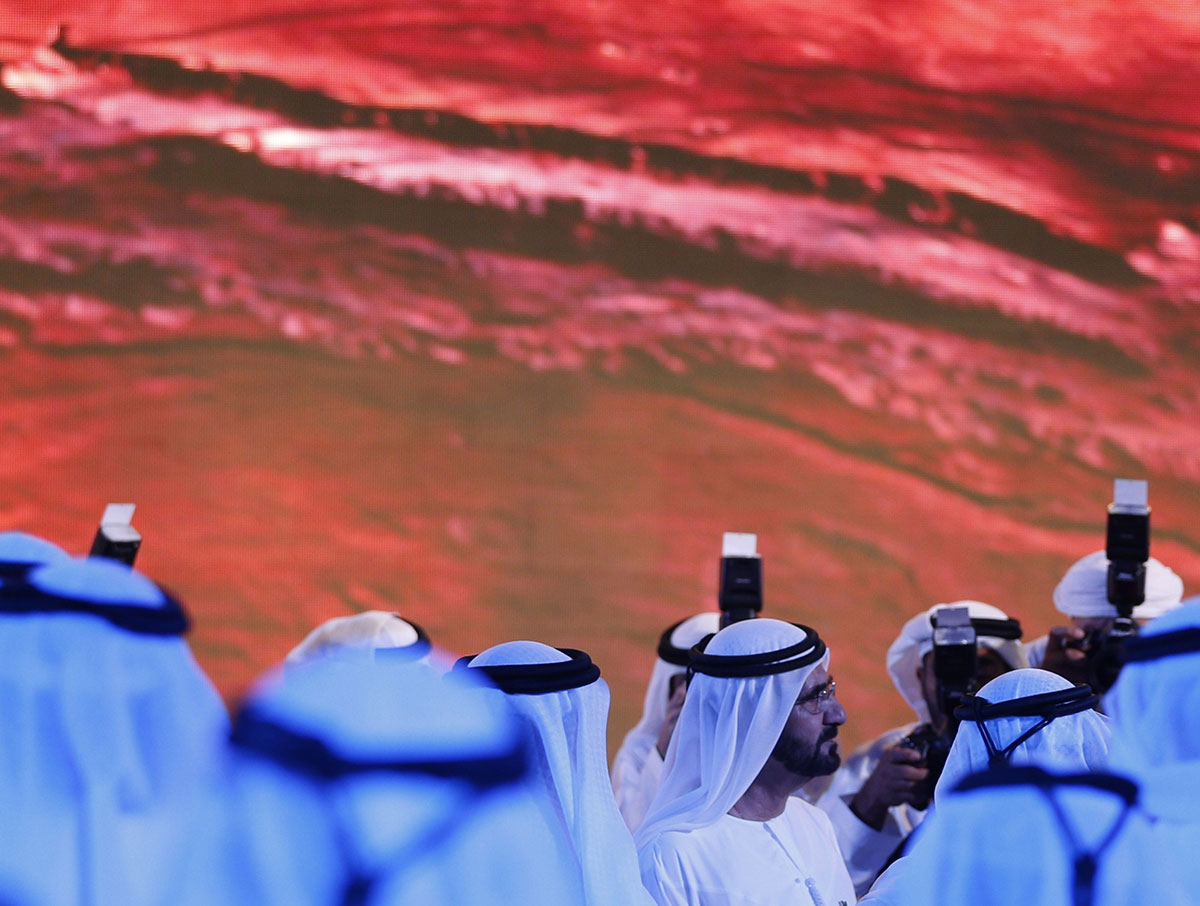More Emirati scientists are needed as the UAE looks increasingly towards technology to drive its economic future, according to the head of the UAE Emirates Hope Mission to Mars.
Kicking off Expo 2020 Dubai’s Space Week, Omran Sharaf, project director of the Emirates Hope Mission to Mars stressed the importance of training more Emirati scientists and developing an advanced science and technology sector.
“Why is it important to have an advanced science and technology sector? Because it’s critical for the future of our economy, because it’s critical for the future of our nation,” Sharaf said.
Sharaf was among the experts taking part in The Peoples Mission: Citizens in Space Exploration – a public-facing event that launched Space Week at Expo.
“To be able to have a competitive knowledge-based, post-oil economy, we need to have an advanced science and technology sector to address our national challenges,” Sharaf said.
He added: “It’s about survival. This is why it’s critical. This is why we need to have Emirati scientists, to help build solutions for us, and ultimately deliver systems that will work in space. Mars is a harsh environment, and we can develop the skills and design needed here, which can also be used for our survival as a nation, and that are critical for the sustainable development of the UAE, the region and the world.”

Referring to the UAE’s Hope probe, now orbiting Mars and gathering vital data about the planet, he said: “A young nation like the UAE, with more than 200 nationalities, has been able to reach Mars in less than 50 years.
“Over that time, we have built this nation together. So the message here is, let’s put our differences aside and let’s work with the rest of the world. Let’s be integrated into the global system, and make scientists and engineers part of the journey.”
His comments come as the UAE Space Agency recently announced plans for a new Emirati interplanetary mission, designed to further accelerate the nation’s space engineering, scientific research and exploration capabilities.
Built on the knowledge and experience gained from the Emirates Mars Mission, the new mission will involve significant participation from Emirati private sector companies.
It is scheduled for launch in 2028, with the primary goal of exploring the asteroid belt between Mars and Jupiter, the source of most meteorites that impact earth.
The spacecraft will undertake a 3.6 billion km, five-year journey, which will see it perform gravity assist manoeuvres by orbiting first Venus, then Earth in order to build the velocity required in order to reach the main asteroid belt, located beyond Mars.
Its trajectory around Venus will see it reaching a solar proximity of 109 million km, requiring substantial thermal protection and a furthest distance from the sun of 448 million km, requiring high levels of insulation and spacecraft operation with minimal levels of available solar energy.
Through its journey, it will study seven main belt asteroids.
The mission will make its first close planetary approach orbiting Venus in mid-2028, followed by a close orbit of Earth in mid-2029. It will make its first fly-by of a main asteroid belt object in 2030, going on to observe a total of seven main belt asteroids before its final landing on an asteroid 560 million kilometres from Earth in 2033.
This will make the UAE the fourth nation to land a spacecraft on an asteroid.






